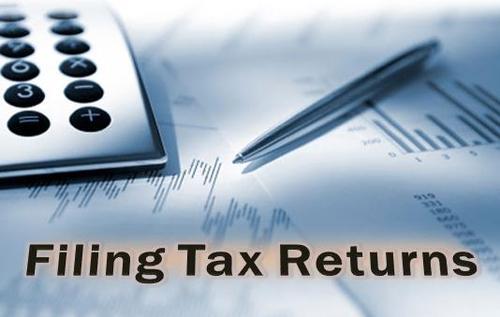Vidya Sethuraman
India Post News Service
The Internal Revenue Service announced in March it is postponing the country’s tax-filing deadline until May 17, as the agency grapples with a mounting backlog of 24-million-returns awaiting processing since the 2019 tax year. Most people don’t realize the IRS has extended the April 15 deadline for filing tax returns. IRS speakers discussed this plus related tax issues – how provisions in the American Rescue Plan might affect your taxes, new provisions in the Earned Income Tax Credit, etc.
In extending the deadline to file Form 1040 series returns to May 17, the IRS is automatically postponing to the same date the time for individuals to make 2020 contributions to their individual retirement arrangements (IRAs and Roth IRAs), health savings accounts (HSAs), Archer Medical Savings Accounts (Archer MSAs), and Coverdell education savings accounts (Coverdell ESAs).
Ken Corbin, Commissioner, Wage & Investment Division said the IRS had a backlog of tax returns from individuals and businesses as of Christmas 2020. The total backlog appears to stand at more than 24 million filings, the data show. “The Covid-19 pandemic presented some of the greatest challenges to the IRS in its history, both in terms of being able to carry out our mission and in protecting the health and safety of taxpayers and our own workforce,” he added.
When taxpayers are ready to file, they should do it immediately. Gather your documents, file accurate returns, choose to e-file with direct deposit, this will ensure your refunds will be faster, added Ken. Taxpayers should pay their federal income tax due by May 17, 2021, to avoid interest and penalties. If you didn’t get a first and second Economic Impact Payment or got less than the full amounts, you may be eligible to claim the 2020 Recovery Rebate Credit and must file a 2020 tax return even if you don’t usually file a tax return, added Ken.
Taxpayers with an annual income of less than $150,000, if they received unemployment benefits last year, are eligible for an unemployment benefit allowance of $1200. Corbin said that the current tax filing software has been updated. Taxpayers who receive unemployment benefits only need to report the total amount of unemployment benefits when filing taxes.
Sue Simon, Director of Customer Assistance, Relationships & Education, Wage & Investment Division said Publication 1, “Your Rights as a Taxpayer,” and other basic tax information are now available in 20 languages on IRS.gov including Chinese, Korean, Vietnamese, Japanese, Punjabi, Spanish etc.
Taxpayers who interact with an IRS representative have access to over the phone interpreter services in more than 350 languages. She said there is nothing called a bigger refund, disclose your returns and file accurately. Sue explained the VITA program, which was designed for the elderly and lower-to-middle income taxpayers but added that no one is turned away from the center if they ask for help in preparing their taxes. Tax season is also a prime time for scammers to cash in. “If you receive a text or a phone call or an email from someone stating they’re from the IRS or any other organization saying they can help you get your economic impact payment faster, it’s false and it’s a scam,” said Sue.







